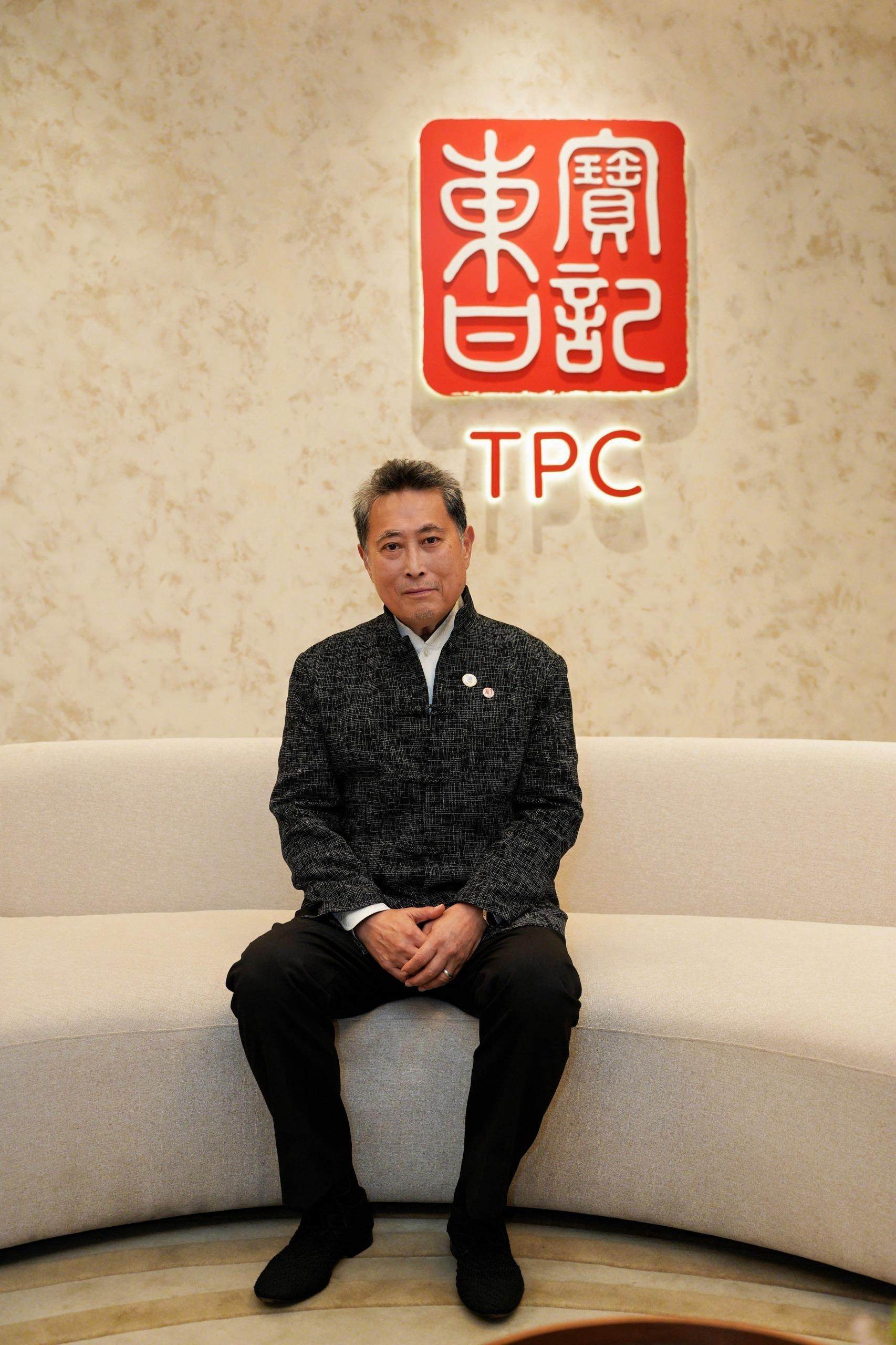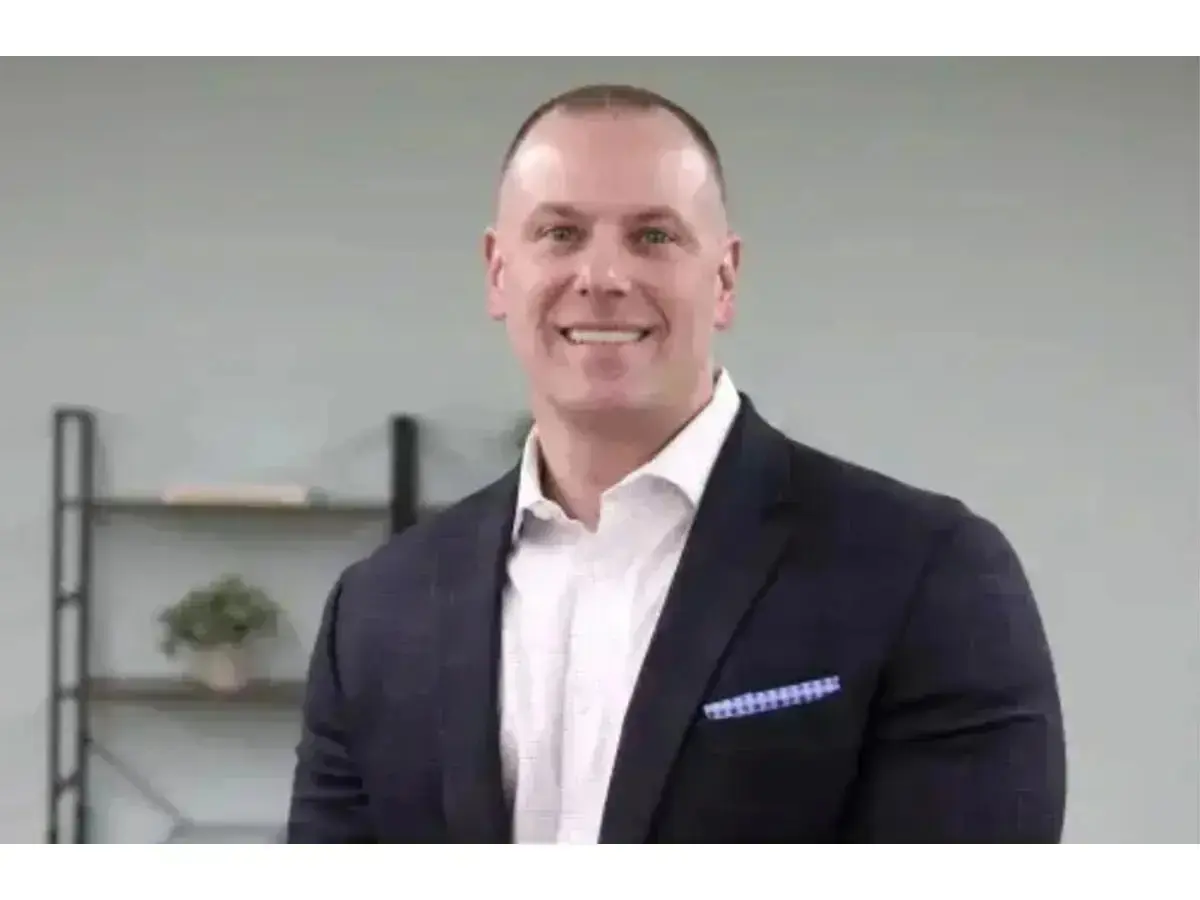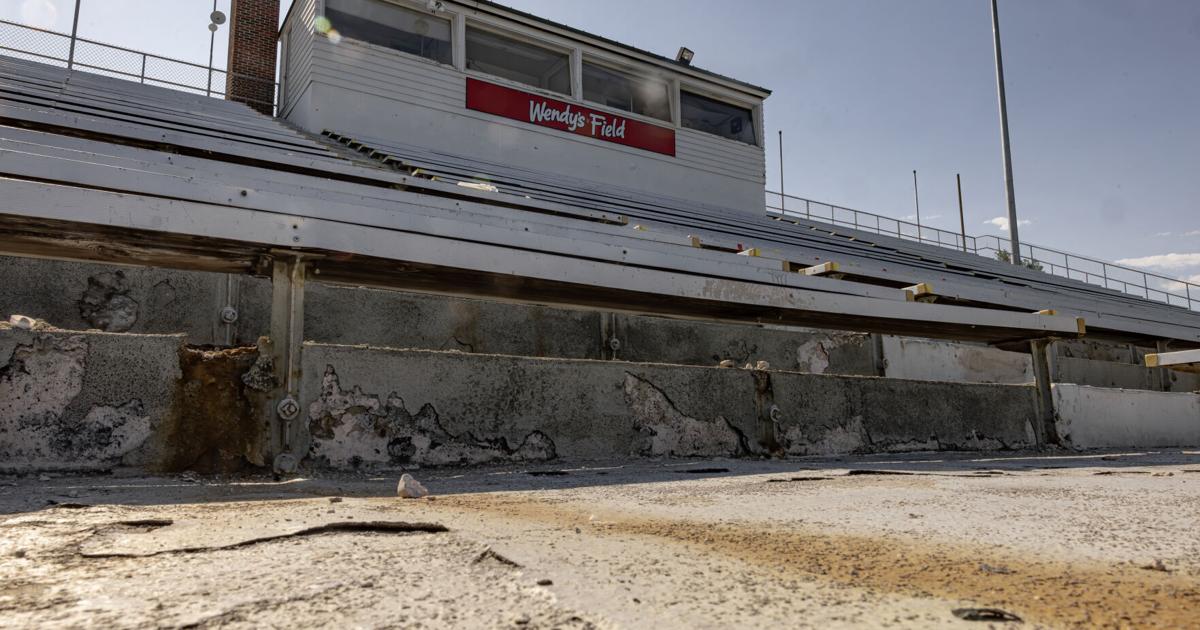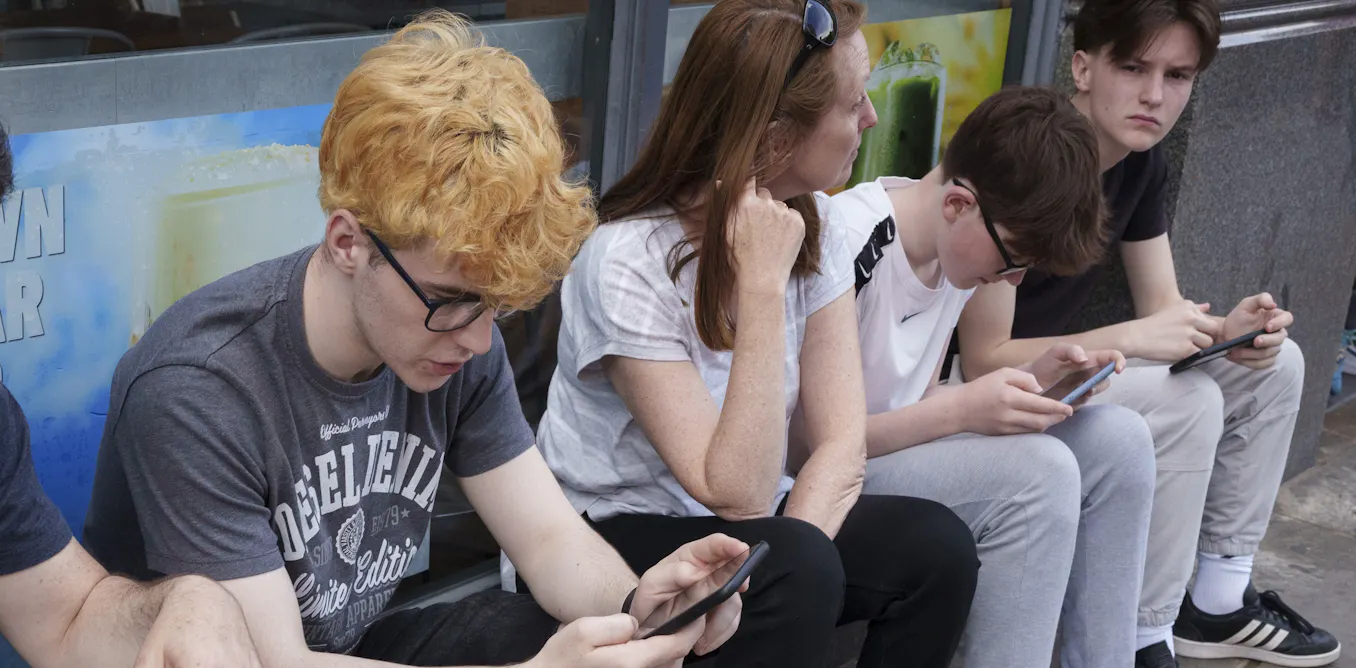By Jean Iau
Copyright scmp

Chavalit Frederick Tsao’s family fortune dates back to the 1800s in China, but like the tributaries of the winding Yangtze River, along which his great-grandfather built a shipping and logistics empire, another branch of the business has caught the eye of the fourth-generation leader of the Tsao Pao Chee (TPC) group – wellness.
Tsao is one of the biggest proponents of the well-being economy, which prioritises human and environmental health over traditional economic growth by shifting business strategies to consider people and the planet alongside profit.
The 68-year-old told This Week in Asia that for him, the turning point was in 1993 when he began practising qigong and met a Taoist doctor in Hong Kong.
Tsao said he was blown away by the realisation the practice gave him; that his reality was rooted in his inner consciousness, and having an enhanced inner well-being could positively affect the outer world around him.
“All we want to be is to be well and happy, except our understanding of well-being was incomplete in the past,” Tsao said from his office in Singapore’s Central Business District.
He argued that if the world continued in its current capitalistic ways, there would be no future, especially in light of climate change, technological advancements and wars. Therefore, there was a need for businesses to be more purpose-driven.
“You’ll make more money in the long term, and the logic is simple: supply and demand. It’s just the demand hasn’t awakened to the future demand, and you’re now positioning your supply so when they reach there, you’re already there waiting for them,” Tsao said.
TPC has 2,540 employees and its business areas include supply chain and logistics provider IMC Industrial, a philanthropic platform called No 17 Foundation and Octave, which focuses on the well-being economy approach. It has offices in Singapore, China, Indonesia, Japan and Thailand.
Octave includes an integrated wellness centre, a learning and development arm and an investment arm that deploys capital to start-ups that align with impact and sustainability goals.
On Tuesday, TPC hosted Impact Week in collaboration with the World Economic Forum, where some 3,000 business, government, philanthropy, and civil society leaders took part in a conference on accelerating the well-being economy.
Attendees at the four-day event include Timor-Leste President Jose Ramos-Horta, former Australian prime minister Scott Morrison, Singapore Education Minister Desmond Lee and Singapore’s Ambassador for Climate Action Ravi Menon.
Tsao explained that he was a great believer in co-creating and hoped that participants would come away from the conference with new meaningful initiatives they could collaborate on in the long term.
In line with his well-being economy, Tsao advocates for work-life integration, which, unlike the Western concept of work-life balance, is akin to the Eastern concept of yin and yang.
“One is separation, one is integration,” he explained, before reciting Lao Tzu in Mandarin to describe how the conflict of the two provided equilibrium.
Tsao consolidated the Octave group arm of TPC in January 2023 as a means to “execute [a] complete change of orientation of humanity to live a certain way”. The non-profit includes the Sangha Retreat in Suzhou, China.
The 189,000 square metre space allows guests to immerse themselves in their personal well-being, through programmes that address their habits and enhance their inner awareness. There are also plans to open retreats in Japan and Thailand.
While the Sangha Retreat was for high-income individuals, Tsao said there were plans to open one for those in the middle- and low-income brackets in Shenzhen.
On Tuesday, Tsao signed an agreement for a S$12 million (US$9.3 million) six-year pilot in Fengshan, in the east of Singapore, that would help 50 families living in rental flats and in the bottom 5 per cent in wealth break the cycle of intergenerational poverty.
They will be provided with employment, training in healthcare and after-school programmes in collaboration with local initiatives and organisations.
A community hub, funded and staffed by TPC, will be established at the existing community club which is near the rental blocks. If the programme is successful, it may be replicated in other neighbourhoods in Singapore.
Work on the hub, training of staff and volunteers and identifying families will start on Tuesday with the programme scheduled to begin by the second quarter of next year.
Tsao acknowledged that funding such a programme – a first for TPC in Singapore – would be counterintuitive for most but explained that intergenerational poverty was an issue that needed to be addressed, and he thought he was in a position to help.
“The question is not why, but why not, me,” added Tsao, noting that he believed his well-being to be interconnected with theirs.
Tsao, the second son of the late Frank Tsao, the Chinese shipping magnate, joined the family business at 20 and became the chairman at 37 after his older brother discovered a passion for architecture.
“At that time, I was too young, and I didn’t have any plans, so why not give it a try for the family? Besides, I didn’t have a particularly strong opinion of what I wanted to do,” he said.
TPC looks set to enter its fifth generation as his three children have shown an interest in impact investing, but Tsao does not put pressure on any of them to take over.
“I don’t expressly say it, but the possibility is more evident. Because most people don’t really know what they want, you have to see where they are headed. So I told them, find out who you are and live your calling,” he said.



